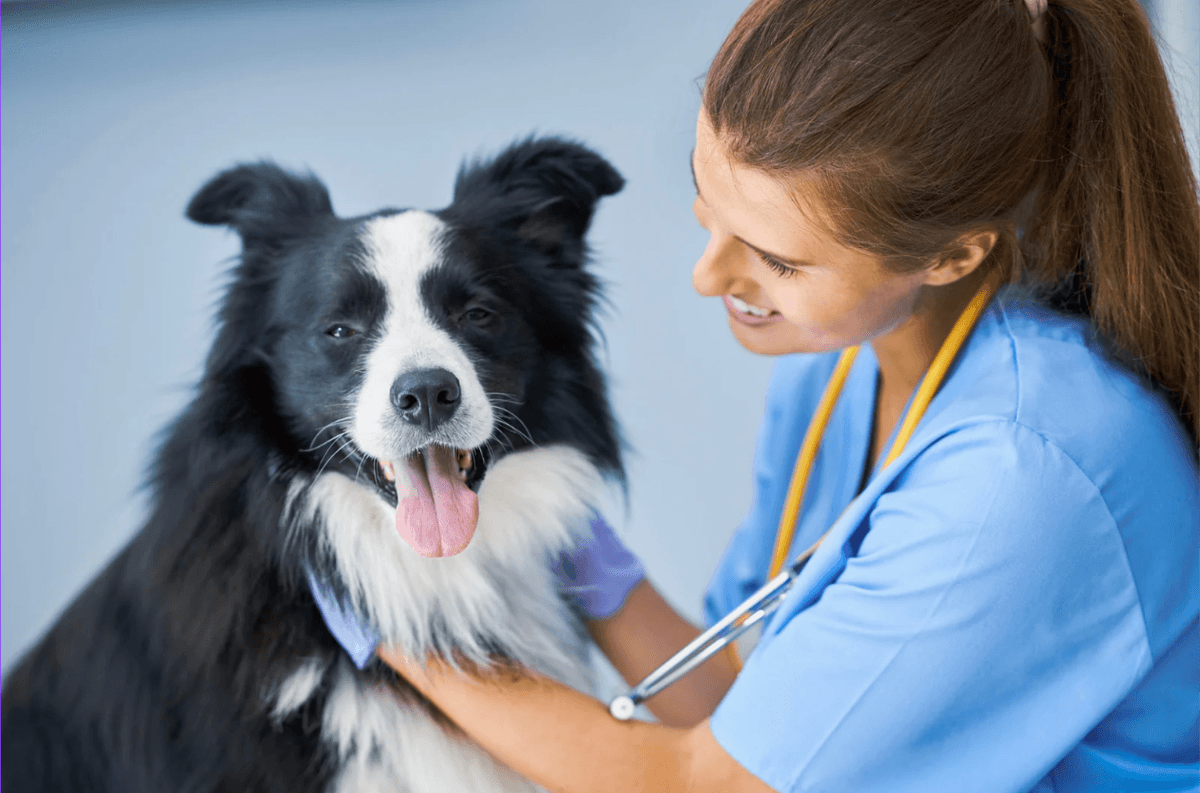Puppy Care Guide
Week 16 – Finishing Vaccinations & Understanding Antibody Tests

“Vaccination is complete — now it’s time to confirm your puppy’s true protection.”
After weeks of careful vaccinations, your puppy is nearly fully protected. But how can you be sure their immune system responded correctly? This week, we’ll explore antibody testing — the final step to confirm lasting immunity.
🩺 Wrapping Up the Vaccination Series
If your puppy has received vaccines consistently every two weeks since 6 weeks of age — congratulations! The core vaccination cycle is almost complete.
At this point, many pet parents wonder: “Did my puppy actually build enough immunity?” While the vaccines were administered correctly, only an antibody test can confirm if protective immunity has developed.
💉 What Is an Antibody Test?
An antibody test measures immune proteins in the blood to see if your puppy’s body has responded to vaccinations. It verifies protection against core infectious diseases:
- Canine Distemper Virus
- Parvovirus
- Adenovirus (Type 2)
- Rabies (for travel or legal requirements)
Testing is generally recommended 2–3 weeks after the final vaccine dose.
🧫 Types of Antibody Tests
- Basic Screening Test: Quick and simple; confirms the presence of antibodies.
- Comprehensive Panel: Provides detailed antibody titers for multiple diseases.
- International Certificate Test: Required for overseas travel; performed in government-approved labs.
🕓 When and Where to Test
- Timing: 2–3 weeks after the final vaccination.
- At Your Vet: Some clinics offer same-day results with in-house kits.
- External Labs: Send samples for detailed analysis (3–5 days).
*Costs vary depending on clinic, region, and test complexity.
🏥 Find Nearby Veterinary Clinics
Need help with microchipping or licensing? Visit a trusted veterinary clinic near you. PetGo’s Veterinary Care section lets you easily locate local clinics, read reviews, and even book appointments online.
Find Clinics Near You >⚠️ Why Testing Matters
Even after full vaccinations, some puppies may show low or no antibody response due to:
- Maternal antibodies blocking vaccine absorption.
- Weak immune response from health conditions.
- Improper storage or handling of vaccines.
If results show low titers, your vet will recommend a booster to reinforce immunity — a key step for puppies in high-risk or travel situations.
💡 Today’s Tip
- Testing costs vary by clinic — always request an estimate first.
- If antibody levels are low, a booster shot restores protection.
- For international travel, ensure your vet uses an approved laboratory and provides documentation.
- Discuss testing scope and interpretation with your veterinarian beforehand to avoid confusion later.
🧠 Extra Insight for PetGo Parents
Antibody testing isn’t mandatory but is the best confirmation of immunity — especially for puppies with uncertain vaccination records or those adopted from shelters.
Keep a digital vaccination record in your PetGo profile to easily track boosters and test results for future vet visits or travel.
Regular checkups and blood work let your vet monitor overall wellness — strong immunity starts with balanced nutrition, hydration, and low stress.
❤️ Closing Note
Completing your puppy’s vaccination series is a major milestone — but confirming that protection is just as important. With a quick antibody test and your vet’s guidance, you can ensure lifelong safety.
Because in pet care, peace of mind is the best immunity of all. 💛
Continue with PetGo’s Puppy Care Guide
Vaccines complete — but PetGo continues to support your puppy’s health journey every step of the way.
© 2025 PetGo. All Rights Reserved
